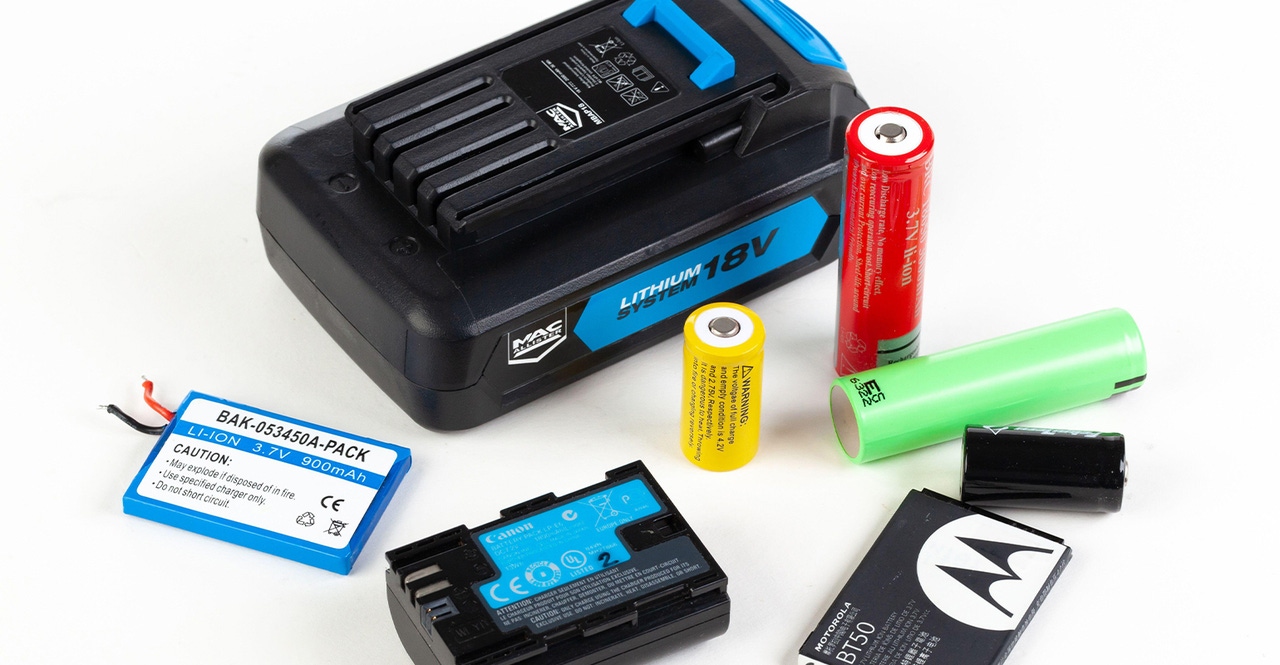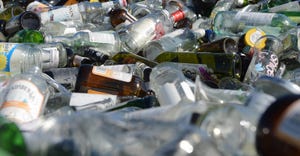Aqua Metals and 6K Energy Set Out to Build U.S. Lithium-Ion Battery Supply Chain
Today Asia runs the world’s only full lithium-ion battery manufacturing supply chain, but some U.S. players are trying to change that scenario by building infrastructure on their home ground, including Aqua Metals and 6K Energy.

Today Asia runs the world’s only full lithium-ion battery manufacturing supply chain, but some U.S. players are trying to change that scenario by building infrastructure on their home ground, including Aqua Metals and 6K Energy. The two partners say they are on their way to introducing the first domestic closed loop battery recycling supply chain.
Aqua Metals processes black mass, which is ground lithium-ion batteries that contain nickel, cobalt, and lithium, which 6K will use to make low-carbon cathode active materials (CAM) for new batteries.The two companies entered an agreement to build a co-located lithium-ion battery recycling facility at 6K’s campus in Jackson, Tennessee. Aqua Metals will supply materials sourced from spent batteries and production scraps, to go into 6K’s CAM manufacturing process.
The partners anticipate this co-located site will be the first of several facilities they will operate together to supply material back to cell manufacturers that they say will be cheaper and more sustainable than current options.
Aqua Metals has been running a pilot in Tahoe-Reno, Nevada designed to process six to 10 tons of black mass a month, with the first commercial facility under construction about a mile away from the testing grounds. The new plant is slated to begin processing 3,000 tons of black mass by early 2025, then ramp up to a throughput of 10,000 tons within a few years.
The company got into lithium-ion battery recycling a little behind the first movers in this space, but it was an opportunity to see what others were doing, says David Regan, vice president of Commercial, Aqua Metals.
“Our R&D team saw challenges of [the traditional] hydroprocessing approach, which uses chemicals to recycle [spent battery material] and produces a lot of sodium sulfate that has to be treated, shipped, and landfilled or pumped into the ocean.
“Our approach is unique in that we use renewable electricity, which is cheaper and cleaner,” Regan says.
The process does not produce waste streams. It allows for operating at lower temperatures requiring less energy. It does not require investing in large volumes of chemicals. And Aqua Metals recycles the minimal chemicals it does use.
Scaling up has been a long, arduous process requiring figuring out how to control temperatures, pH levels, and other parameters down to parts per million of material. Incremental scaling and testing the product with key industry players has been fundamental to making headway and avoiding pitfalls.
Aqua Metals learned this lesson the hard way in its early days in lead recycling when the team leapt from lab work to full-scale implementation, ran into challenges, and had to rebuild twice.
“We see other companies go from bench scale to full-scale commercial production and have a hard time because you can’t fully anticipate what will happen,” Regan says.
“We are seeing we are getting ahead of companies in terms of technology maturity that had been ahead of us but scaled quickly and stumbled.”
Aqua Metals has nondisclosure agreements with several OEMs and cell manufactures and Regan says the team is finding interest across the boards, especially from OEMs who are motivated to recycle their scrap for Inflation Reduction Act (IRA) tax credits.
Partner 6K Energy’s technology is based on high-frequency microwave plasma that the company says produces battery material in a cleaner and quicker way than the conventional resource-intensive method of co-precipitation. It uses less energy, less water, and creates virtually no waste.
Leveraging huge, off-the shelf microwaves, the technology creates a “ball” with the same gas plasma makeup as the sun.
“It is literally a ball of sun we shape with gases into a controllable production environment, which is the plasma. And we inject the material from Aqua Metals into that environment,” says Sam Trinch, president of 6K Energy.
Finding a way to compete with China has been tough; labor there is cheap and abundant, and plants pop up fast as there are no time-intensive, complex permitting or contract negotiations processes to deal with.
“We came up with our leap-frog technology to stand up to these challenges. We have lower capex and opex requirements and produce material in three hours or less versus two to three days at less than 50 percent of the cost in China. Since Aqua Metals also uses less energy and generates less waste, when you combine our processes we outperform co-precipitation substantially,” he says.
Though there’s plenty of work to do to meet projected demand.
Meeting the projected battery production demand by 2030 will require building 40 factories of a similar size as the one Trinch is working on, which is scheduled to produce 13K tons per month of both nickel manganese cobalt and lithium iron phosphate CAM.
And CAM producers are just a part of the picture.
“We are building an industry from the ground up with the enormous goal of creating a robust infrastructure by 2030,” Regan says.
That’s the year the industry expects to produce a terawatt hour of cells in the U.S., which will call for a fivefold increase in production over the next six years.
“We will need the OEMs, cell manufacturers, CAM manufacturers, recyclers, and the black mass creators all coming together and figuring out how to stand all this up,” Regan says.
Aqua Metals and 6K are gearing up to go after a new Department of Energy (DOE) funding round—6K already secured $50M from DOE’s Bipartisan Infrastructure Law to build the Tennessee plant on top of private funding. The partners have buyers lined up and anticipate their biggest test will be trying to keep up with demand.
About the Author
You May Also Like


.png?width=300&auto=webp&quality=80&disable=upscale)

